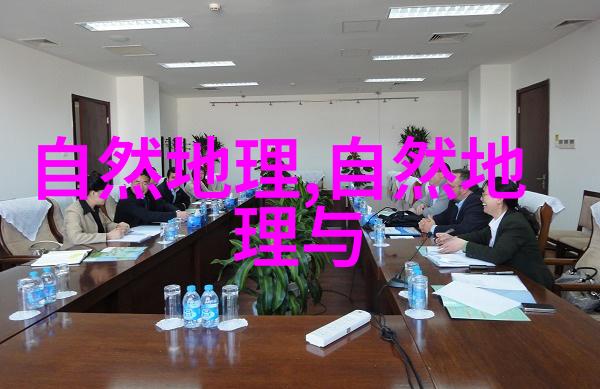在中国,随着工业化和城市化的加速,农村生活污染问题日益突出。从农业废弃物到畜牧业排放,从不合理使用化学品到生活垃圾无序堆放,每一个环节都与环境保护紧密相连。为了解决这一系列问题,政府和社会各界共同推出了“农村生活污染治理方案”,旨在通过全面的措施来改善农村环境质量。

一、背景与现状
农村地区由于资源配置有限、管理水平参差不齐,其生活污染问题显得尤为严重。在这里,一些基本的公共服务,如垃圾处理、水源保护等往往缺失或无法得到有效执行。这导致了大量有害物质进入土壤、水体和空气中,对当地居民健康造成直接威胁,并且对生态系统产生长远影响。

二、治理方案
"农村生活污染治理方案"是由中央政府下发的一项重要文件,它明确提出要采取一系列具体措施来减少和防止各种形式的环境污染。这些措施包括但不限于以下几个方面:

建立健全乡镇级以上垃圾分类回收体系:鼓励设立社区级别的垃圾分类点,让每个家庭都能进行正确分类,以便更好地回收利用。

完善农业废弃物处理设施:提高农业生产过程中的废弃物综合利用率,同时建设规模化的大型生物质能源厂房,将有机废弃物转换为清洁能源。
实施畜牧业循环经济发展战略:通过技术创新提升养殖效率,加强粪便处理管理,实现资源循环利用。

推广绿色肥料使用:限制非法销售及使用含有剧毒成分如氯霉素等的化肥,从而保障作物健康生长,同时保护人体安全。
这些治理方案并不仅仅是上层政策,而是需要下沉到基层进行具体操作,最终落实到每一个家庭门口。在这个过程中,政府部门扮演着引导作用,而普通市民则成为实施这套计划不可或缺的一部分。
三、 farmers' participation
farmers' participation is a key to the success of rural life pollution governance plan.
Farmers are directly involved in waste management, such as sorting and recycling household waste.
They also play a crucial role in implementing sustainable agricultural practices that reduce the use of chemical fertilizers and pesticides.
Farmers are encouraged to participate in decision-making processes related to environmental protection at the local level.
By involving farmers in pollution governance, it not only enhances their sense of ownership but also helps them understand the importance of environmental protection for their livelihoods.
Four: Challenges and prospects
Despite the progress made so far, there remain challenges ahead:
Lack of resources: Many rural areas lack sufficient funds for infrastructure development and technology upgrades needed for effective pollution control.
Limited awareness: Some residents may not fully understand the importance or methods of proper waste disposal and environmental conservation.
Infrastructure constraints: Inadequate transportation networks can hinder efficient collection, treatment, and disposal of wastes.
To overcome these challenges, governments need to invest more in rural infrastructure development while conducting public education campaigns on environmental issues.
Five: Conclusion
The "rural life pollution governance plan" has set out an ambitious agenda for improving living conditions in China's countryside by tackling various forms of pollution head-on through multi-faceted approaches that involve both government policies and grassroots initiatives by farmers themselves.
While there is still much work to be done before significant improvements can be seen across all rural areas, this comprehensive strategy holds promise if implemented effectively with sustained efforts from all stakeholders involved - government agencies at different levels, community organizations as well as individual citizens who share responsibility towards creating a cleaner environment where they live.



